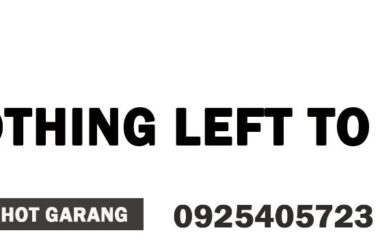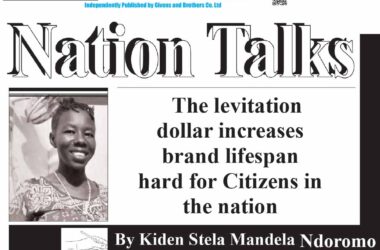By Alex Sebit
The alleged decision by the Bank of South Sudan to continue printing money to fund government expenditures—a practice known as monetary financing—is reckless and economically dangerous.
This is not a solution. It is a short-term political escape that paves the way for long-term economic disaster.
Monetary Financing = Currency Destruction
Monetary financing floods the economy with unbacked currency. When the money supply increases without a corresponding rise in goods and services, inflation spikes. In our case, it has turned into stagflation—high inflation combined with a stagnant economy. Prices go up, but wages don’t. Jobs disappear. Families suffer.
Every time the Central Bank prints more South Sudanese Pounds (SSP) to cover budget deficits, it erodes the value of our currency. Citizens feel it immediately at the market — a sack of flour that cost 15,000 SSP last month now costs 22,000 SSP. Transport fares jump. Rent increases. Yet incomes remain flat. This is how economies collapse.
What Should the Bank of South Sudan Be Doing Instead?
- Anchor Inflation Expectations
The Bank must restore public confidence by focusing on price stability. This is its core mandate—not pleasing political actors with artificial cash injections.
- Enforce Fiscal Discipline
The government should be made to live within its means. If revenue falls short, the solution is fiscal reform, not inflationary printing.
- Rebuild Monetary Policy Credibility
Investors and citizens alike have lost trust in our currency. The Bank must act with independence and professionalism—not as a cash machine for political convenience.
- Support Production, Not Consumption
Instead of printing money, we need policies that increase local production—in agriculture, trade, and small industries—to balance supply with demand.
Two Strategic Recommendations for the President and the Central Bank
- Introduce a New Currency with Controlled Measures
The Bank of South Sudan must advise the President to introduce a new South Sudanese Pound to restore value and confidence in the national currency. However, this must be accompanied by strict anti-abuse regulations, such as:
– Capping the amount of cash individuals can carry or transfer across borders or within the country.
– Prohibiting large daily USD withdrawals or transfers without declared economic justification.
– Mandating biometric verification for all government employees and public service beneficiaries to curb fraud, ghost payments, and abuse of public funds.
- Set and Enforce Penalties for Economic Violations
Economic reform must be backed by clear and enforced penalties for violators. The Central Bank, in coordination with relevant authorities, should set laws criminalizing:
– Illicit currency trading
– Hoarding of foreign currency
– Falsifying payroll records
– Abuse of international donor funds
Without enforcement, reform efforts will be undermined by corruption and impunity.
The Human Cost Is Too High
Let us be clear: monetary financing hurts the poor the most. The elite convert their salaries into dollars or assets. The ordinary citizen—who earns in SSP and buys in SSP—is left behind. As the SSP loses value, savings evaporate and basic goods become luxuries. This leads to rising poverty, desperation, and instability.
A National Red Line Must Be Drawn
Printing money to finance government spending must stop. Period. The Bank of South Sudan must draw a red line and assert its role as the guardian of monetary stability, not a passive agent in economic sabotage. We must move toward real economic reform, not artificial liquidity fixes that destroy confidence and kill opportunity.
Now is the time for leadership. The Central Bank must stop digging the hole we’re all stuck in. South Sudan deserves better.
About the Author
Alex Sebit is a Public Policy Professional and Community Educator. He holds a Bachelor’s degree in Public Administration from the International University of East Africa and advocates for economic discipline, peacebuilding, and inclusive national development.




